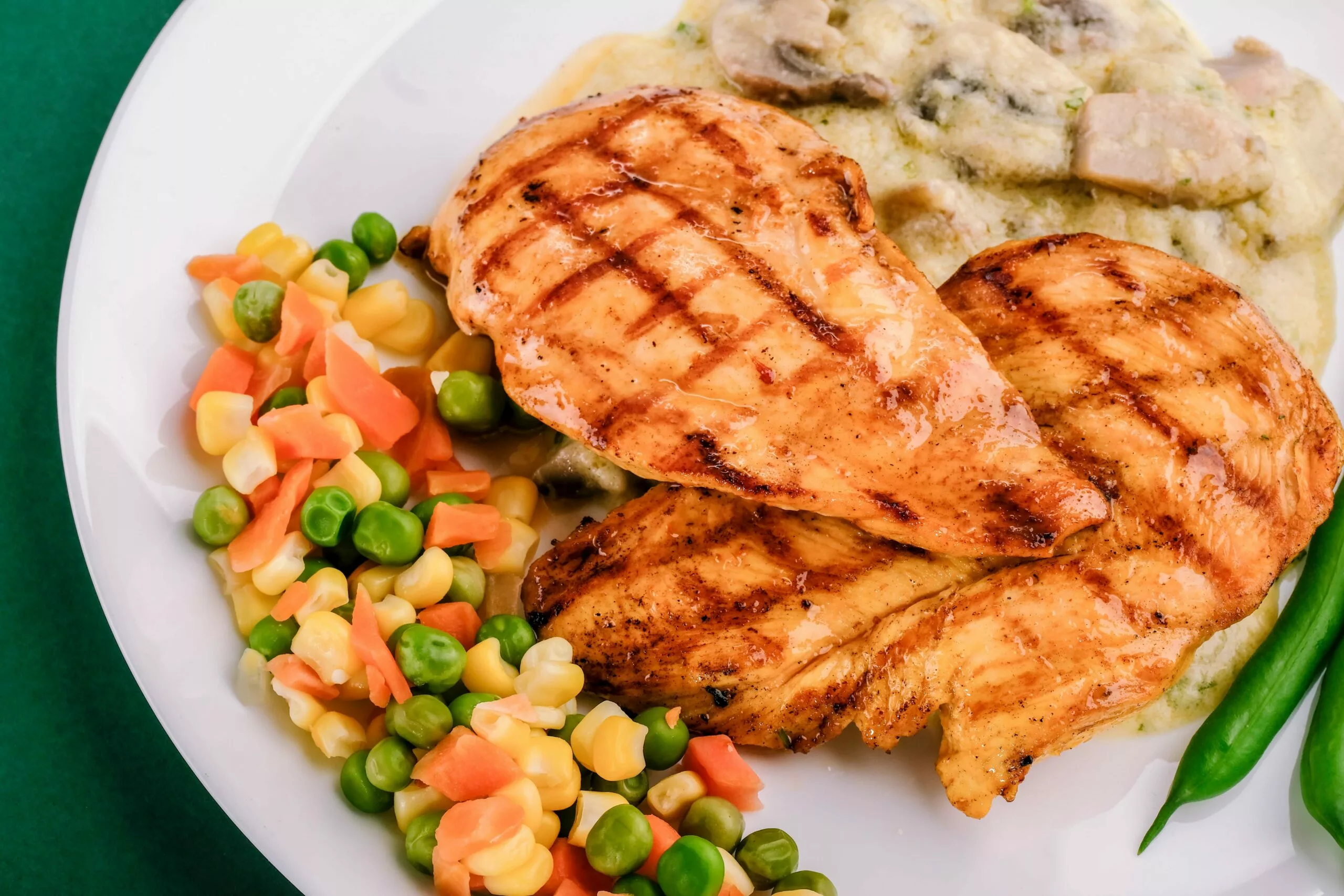You’ve likely seen news stories about outbreaks of avian influenza across the country and around the globe, a highly contagious and deadly virus that impacts chickens, turkeys and other birds – and our food prices.
As the grocery shopper in our family, I can attest to the sticker shock. As a veterinarian, I can shed light on important issues around animal well-being, food safety and your health.
What’s important to know about the disease?
It spreads rapidly. Avian influenza, commonly referred to as “bird flu,” is more formally known as Highly Pathogenic Avian Influenza (HPAI). It’s a virus often carried by wild birds. This spring, the disease has infected flocks of chickens, turkeys and other birds in several states and continues to spread. Farmers and veterinarians take HPAI seriously because it spreads very quickly and is often fatal for birds.
You might be surprised to learn that, based on 14 years of data reported to the World Organisation of Animal Health from 76 affected countries, cases begin to rise in October and peak in February. Spread is the lowest in September.
Eggs, chicken and turkey are safe to eat. There are many steps in place to make sure no sick animals enter our food supply. You can be confident that the food you buy is safe to eat. Just like always, you’ll want to follow food safety guidelines while preparing and cooking your meals.
Chances of you catching it are slim to none. For humans, there is very little risk of catching HPAI. In a very few cases, people who work closely with birds have been infected and the symptoms are like a mild case of flu or redness and swelling around the eye (conjunctivitis)
Farmers, veterinarians and government agencies are working together to control the disease. Several measures are in place to detect HPAI and limit its spread.
- Surveillance: In the United States, wild birds and domestic flocks are continuously monitored to detect an outbreak as soon as possible.
- Reporting: If birds show symptoms of HPAI, veterinarians immediately report it to animal health officials in their state. The U.S. Department of Agriculture also reports to the World Organization for Animal Health.
- Biosecurity: Most poultry flocks are raised in barns to protect them from diseases carried by wild birds. People who care for the birds work to keep equipment clean, wear clean boots and clothing and do not visit other farms. Another element of biosecurity is that when once a group of birds is brought into the barn, no other birds are added, and all the birds leave at the same time.
If chickens or turkeys are infected with HPAI, unfortunately, there are no available treatments. Farmers want to make sure the disease does not spread to neighboring farms. That’s why infected birds are humanely depopulated to prevent the disease from spreading further. The barns are thoroughly cleaned, disinfected and kept empty for a period to make sure new birds will not be exposed to the virus.
If you’re interested in learning more about avian influenza, here are some excellent resources.
- U.S. Department of Agriculture:
- Food and Drug Administration: Safe Food Handling
- Egg Safety Center Question Database
- National Chicken Council: Questions and Answers on Avian Influenza
- United Egg Producers Video: Safe Nutritious Eggs from Hen to Home
It’s a serious situation and my heart breaks for farmers who work diligently each day to keep their birds healthy and thriving, only to have flocks devastated by the virus. My hope is that it can be contained soon. But rest assured that you and your food are safe.
As always, I’m available to connect and answer your questions! Reach out at @AskDrDorman or by email at AskDrDorman@pahc.com.
